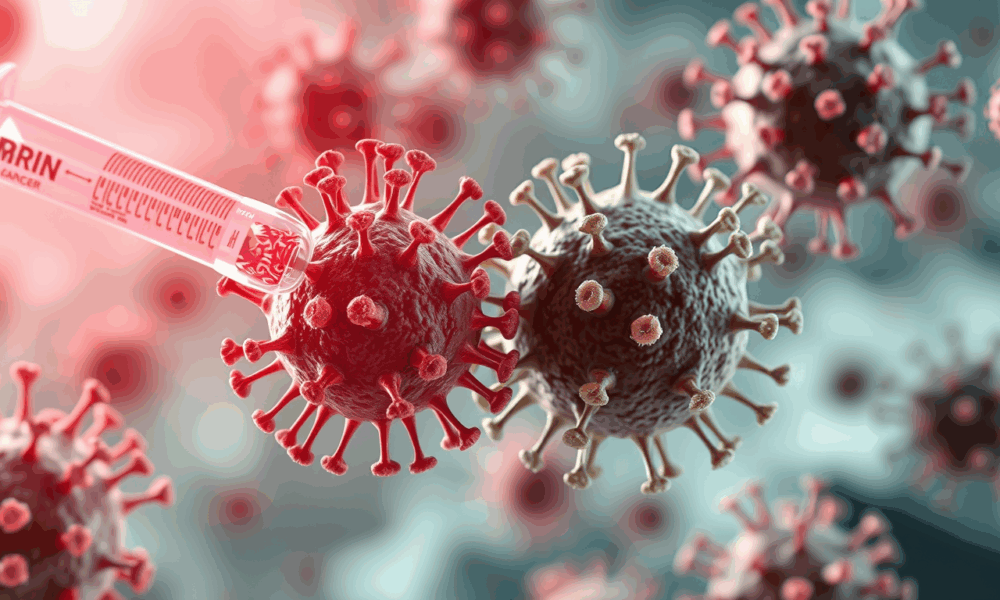


A breakthrough mRNA cancer vaccine has shown the ability to supercharge the effects of immunotherapy in mice, sparking hope for a universal “off-the-shelf” treatment that could...
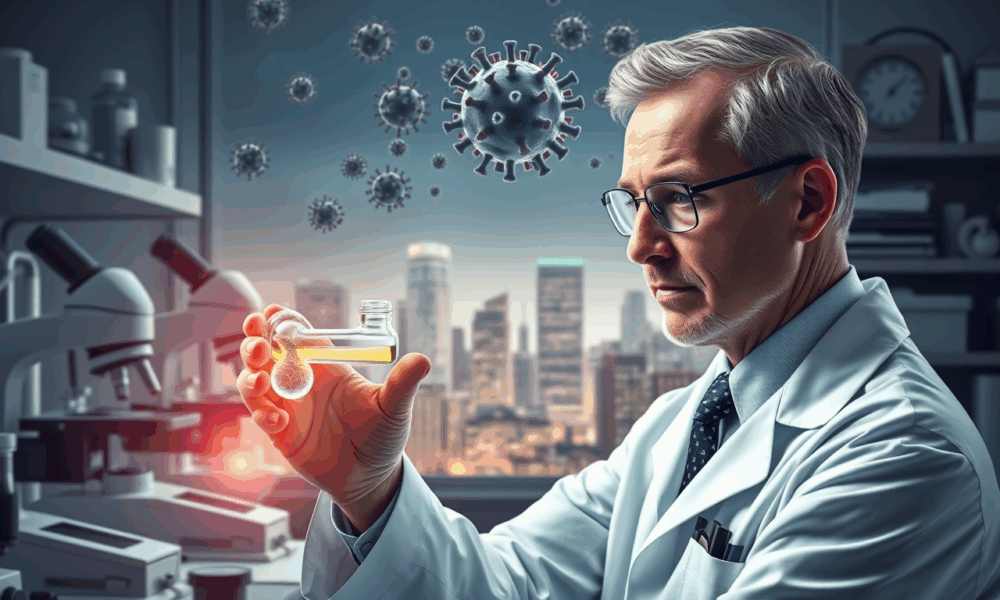
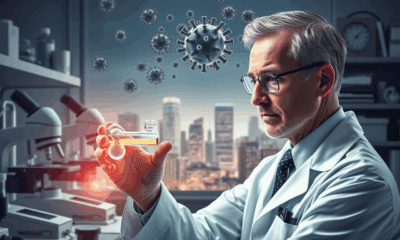

Scientists have engineered a groundbreaking cancer treatment that uses bacteria to smuggle viruses directly into tumors, bypassing the immune system and delivering a powerful one-two punch...
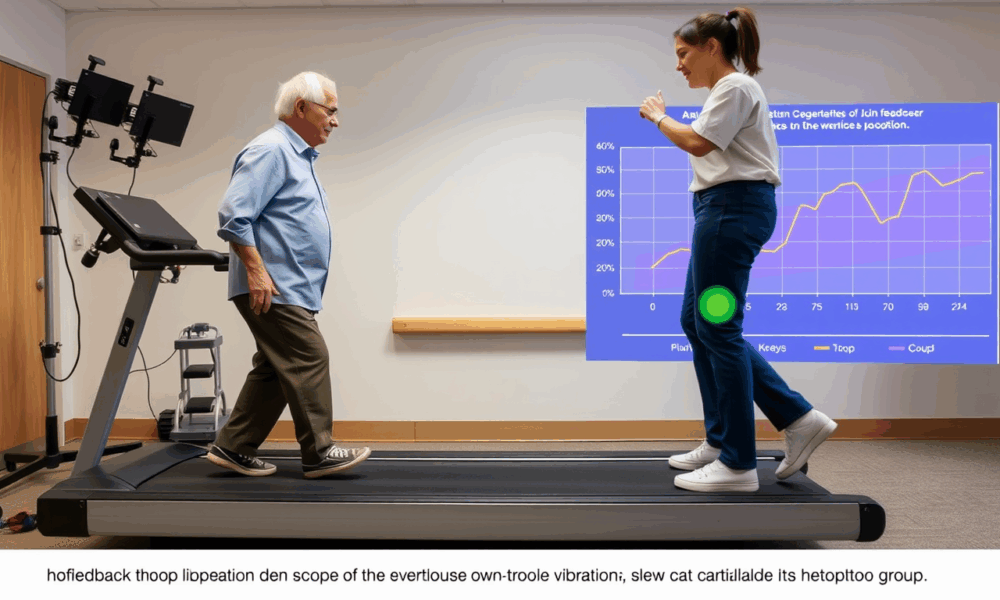
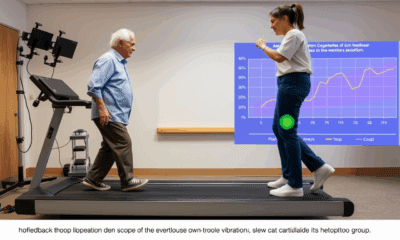

A groundbreaking study has found that a simple change in walking style can ease osteoarthritis pain as effectively as medication—without the side effects. By adjusting foot...



Scientists in Sweden have developed a groundbreaking “skin in a syringe” — a gel packed with live cells that can be applied directly to wounds or...
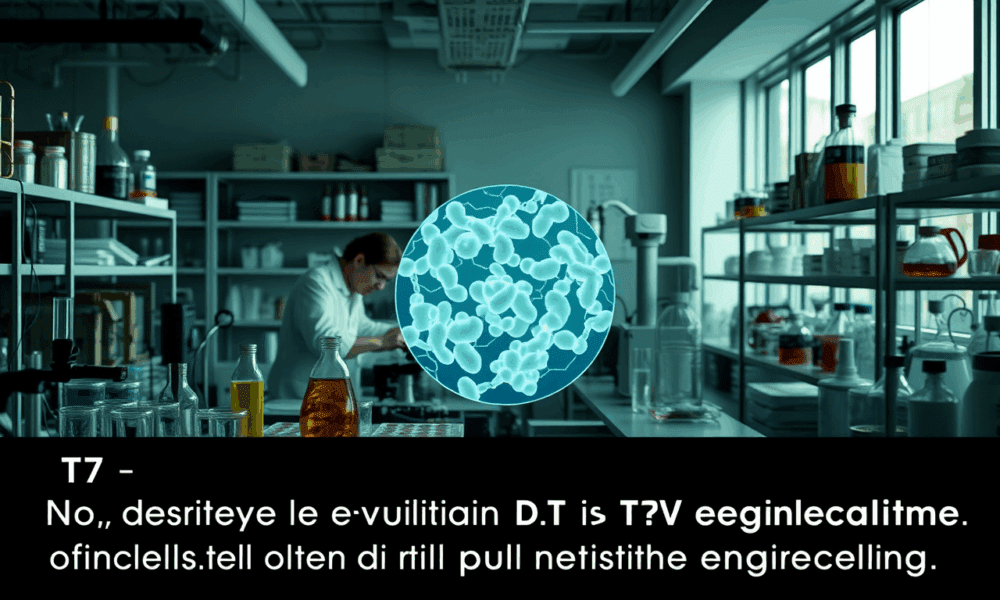
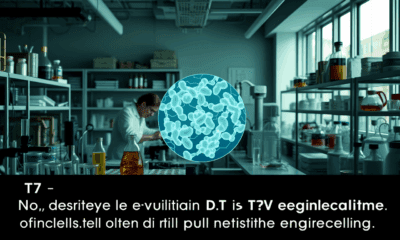

Researchers at Scripps have created T7-ORACLE, a powerful new tool that speeds up evolution, allowing scientists to design and improve proteins thousands of times faster than...
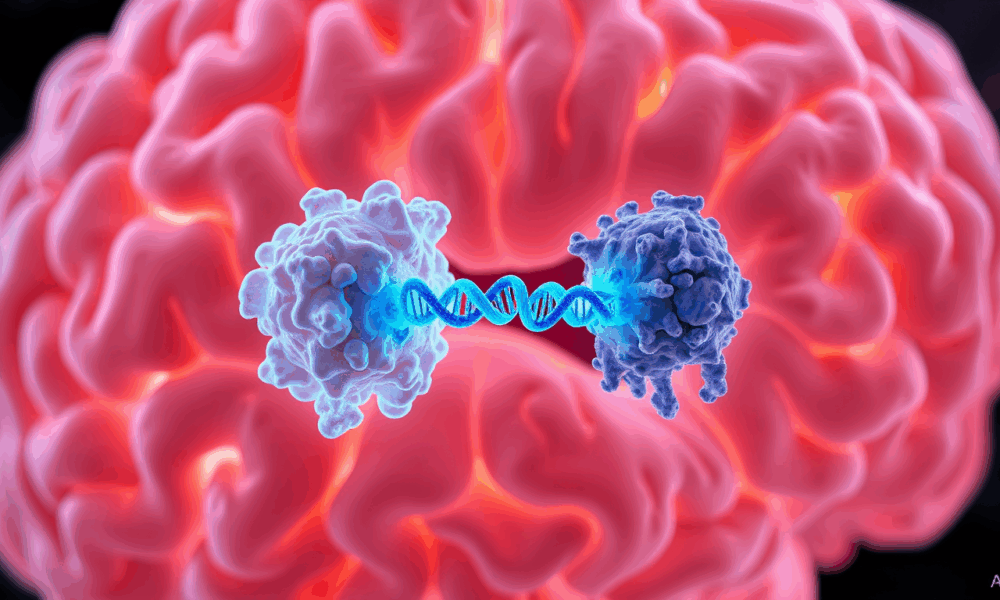
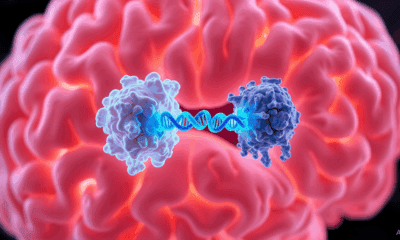

Scientists have discovered how harmful clumps inside brain cells—linked to diseases like ALS and Huntington’s—form, and found a way to break them apart. These sticky tangles...



Stopping prescription weight loss drugs often leads to significant weight regain, according to a large-scale analysis of 11 global studies. Researchers found that although these medications,...
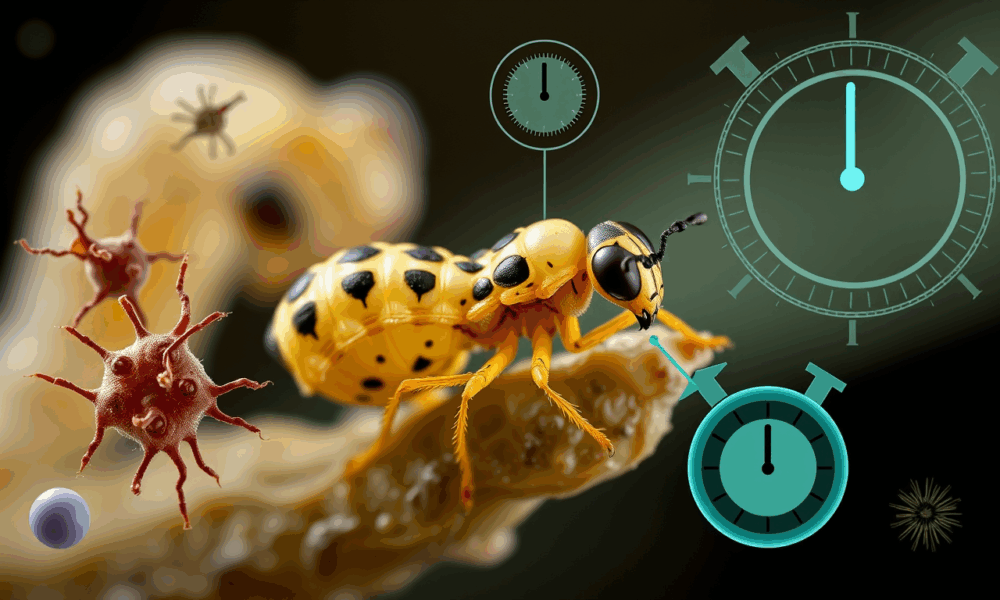
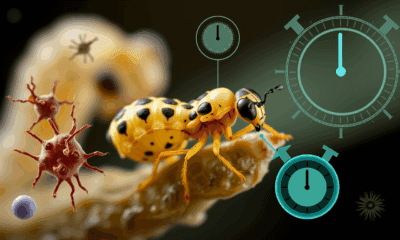

Scientists discovered that jewel wasp larvae that undergo a developmental "pause" live longer and age more slowly at the molecular level by nearly 30%. This slowdown...



McGill's MedSafer tool helps doctors identify and eliminate risky or unneeded medications in seniors, significantly improving patient outcomes. It aims to prevent harmful "prescribing cascades" and...



Fresh grapes contain a potent mix of over 1,600 compounds that benefit heart, brain, skin, and gut health. New evidence suggests they deserve official superfood recognition,...